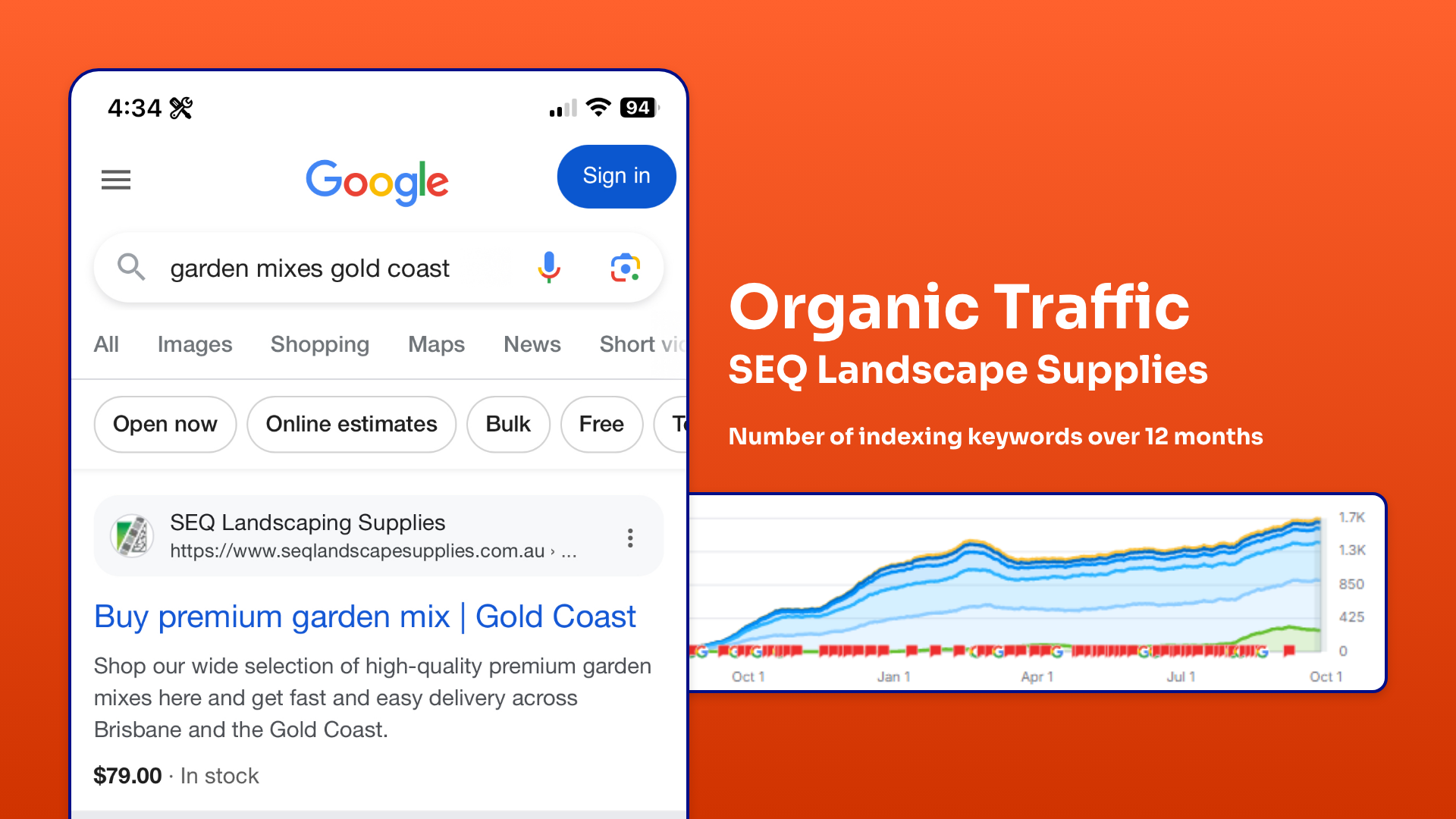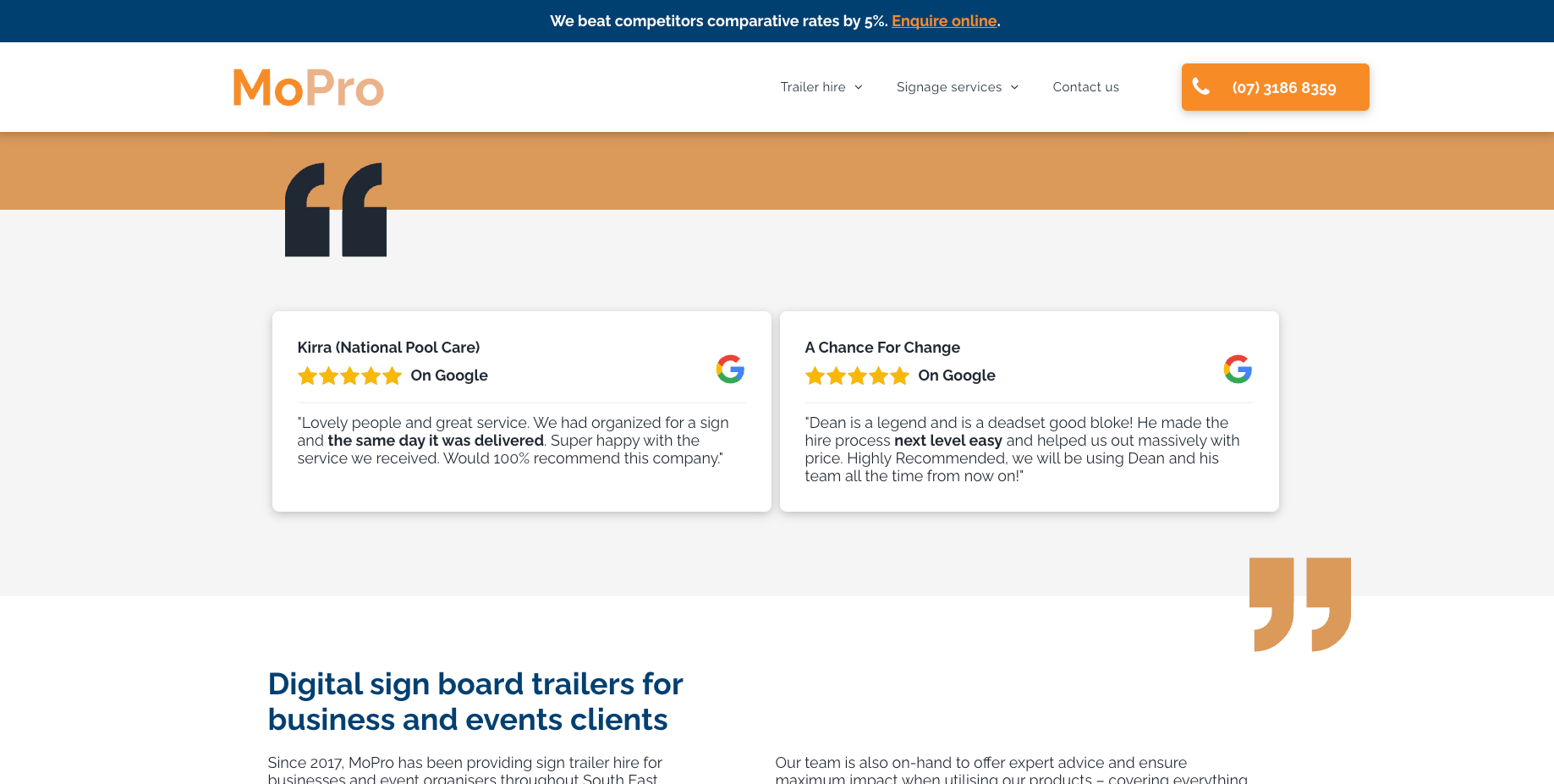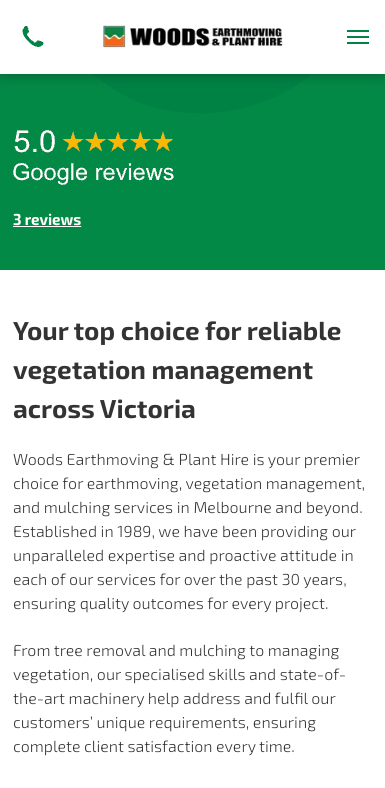In today's hyper-competitive construction industry, a solid reputation and high-quality work are just the price of entry. To truly scale your business, you need a powerful engine for generating leads and attracting the right clients. That engine is built with comprehensive construction marketing strategies tailored to your unique business goals.
An effective construction marketing strategy isn't a single action; it's a blueprint for sustainable growth. It's about being found where your clients are looking and building trust long before the first bid is submitted. Let's break down the essential components of a modern, results-driven marketing strategy for a construction company.
The Core Components of a Winning Construction Marketing Strategy
1. Define Your Brand and Dominate Your Niche
Before you market anything, you must know who you are and who you serve. Are you a luxury residential builder, a commercial tenant improvement specialist, or a leader in sustainable building practices?
- Identify Your Ideal Client: Create detailed client personas. What are their pain points? What do they value most—speed, budget, quality, communication?
- Develop a Strong Brand Identity: Your brand is your promise. It’s your logo, the design of your trucks, your website's tone of voice, and the values you uphold. A consistent brand identity across all platforms builds recognition and trust, making you memorable in a crowded market.
2. Master Local SEO for Maximum Visibility
For most construction companies, business is local. When a developer or homeowner needs a contractor, their first stop is Google. Your goal is to be at the top of that search.
- Google Business Profile (GBP): Your GBP listing is arguably your most critical marketing asset. It’s your digital storefront. Optimize it with your services, service areas, high-quality photos, and by actively collecting reviews. A well-managed GBP is a cornerstone of modern marketing strategies for construction.
- On-Page SEO: Optimize your website's service pages and blog content with location-specific keywords (e.g., "commercial general contractor in [Your City]").
- Citations and Listings: Ensure your company's name, address, and phone number (NAP) are consistent across all online directories like Yelp, Angi, and industry-specific sites.

3. Build Authority with Content Marketing
Content marketing is about establishing your company as the expert. By creating valuable content that answers your clients' questions, you build trust and draw organic traffic to your site.
- Project Case Studies: Go beyond a simple photo gallery. Write detailed case studies that outline the challenge, your solution, and the final result. Include client testimonials, timelines, and high-quality before-and-after photos.
- Blog Posts: Write about topics your clients care about. Examples include "How to Choose the Right Commercial Builder," "The Benefits of Green Building Materials," or "Navigating the Permitting Process in [Your State]." This is a perfect place to naturally incorporate construction business marketing strategies.
- Showcase Technology: Do you use BIM, drones for surveying, or advanced project management software? Create content that showcases how your technology provides better results for clients.
4. Leverage the Power of Video Marketing
Video is the most engaging form of content online. It allows potential clients to see the quality of your work and meet your team virtually.
- Project Time-lapses and Drone Footage: Visually stunning footage of a project from start to finish is incredibly powerful and shareable on social media.
- Client Testimonial Videos: A satisfied client speaking on camera is more persuasive than any written review.
- Educational "How-To" Videos: Share your expertise. A short video explaining a complex construction concept can position you as a helpful authority.

5. Engage with Strategic Social Media Marketing
Social media allows you to showcase your brand's personality and work.
- LinkedIn: Essential for B2B marketing. Connect with developers, architects, and commercial property owners. Share company news, case studies, and industry insights.
- Instagram & Facebook: Perfect for visual-heavy residential or design-build firms. Use high-quality photos and videos of your finished projects to attract homeowners and design partners.
6. Drive Immediate Leads with Pay-Per-Click (PPC) Advertising
While SEO is a long-term strategy, PPC delivers immediate results. With platforms like Google Ads, you can place your business directly in front of clients actively searching for your services.
- Google Ads: Target specific, high-intent keywords like "office renovation contractor" or "custom home builder near me."
- Google Local Services Ads: Get "Google Screened" to appear at the very top of search results, building instant trust with searchers.
- Remarketing: Show targeted ads to users who have previously visited your website, keeping your brand top-of-mind as they make their decision.
7. Build a Fortress of Trust with Online Reviews
87% of consumers read online reviews for local businesses. Positive reviews are social proof that you deliver on your promises.
- Actively Request Reviews: Make it easy for happy clients to leave a review on Google, Houzz, or other relevant platforms by sending them a direct link after project completion.
- Respond to All Reviews: Thank customers for positive reviews and professionally address any concerns in negative reviews. How you handle criticism speaks volumes about your company. For more on reputation management, check out this guide from Forbes.
8. Convert Visitors with a High-Performance Website
Your website is your 24/7 sales representative. It must be professional, fast, and easy to navigate on any device.
- Mobile-First Design: The majority of web traffic is now mobile. If your site is difficult to use on a phone, you're losing leads.
- Showcase Your Portfolio: A visually stunning, high-resolution gallery of your best work is non-negotiable.
- Clear Calls-to-Action (CTAs): Make it obvious what you want visitors to do next, whether it's "Request a Quote," "View Our Projects," or "Call Us Today."
9. Nurture Leads with Email Marketing
Not every website visitor is ready to sign a contract today. Use email marketing to stay on their radar and nurture the relationship.
- Build Your List: Offer a valuable download, like a "Renovation Planning Checklist," in exchange for an email address.
- Send a Monthly Newsletter: Share project updates, company news, and helpful articles to keep your brand top-of-mind.
10. Forge Strategic Partnerships
Collaborate with other businesses that serve your target market.
- Co-market with architects, interior designers, and real estate agents. Refer business to each other and collaborate on content.
- Build relationships with suppliers who can recommend your services to customers.
11. Make Data-Driven Decisions with Web Analytics
You can't improve what you don't measure. Tools like Google Analytics 4 provide invaluable insights into your marketing performance.
- Track Key Metrics: Monitor which pages are most popular, where your website traffic is coming from (e.g., organic search, social media, PPC), and which channels are driving the most quote requests.
- Refine Your Strategy: Use this data to double down on what's working and adjust the construction business marketing strategies that aren't delivering results. Learn the basics directly from Google's Analytics Help Center.
Ready to Build a Better Marketing Plan?
Implementing these construction marketing strategies requires expertise and consistent effort. In a competitive market, a generic approach won’t cut it. You need a tailored plan that highlights your strengths and reaches your ideal clients effectively.
Don't let your competitors win the projects that should be yours.
Contact our team of construction marketing experts today for a free strategy session, and let's build a blueprint for your company's growth.


